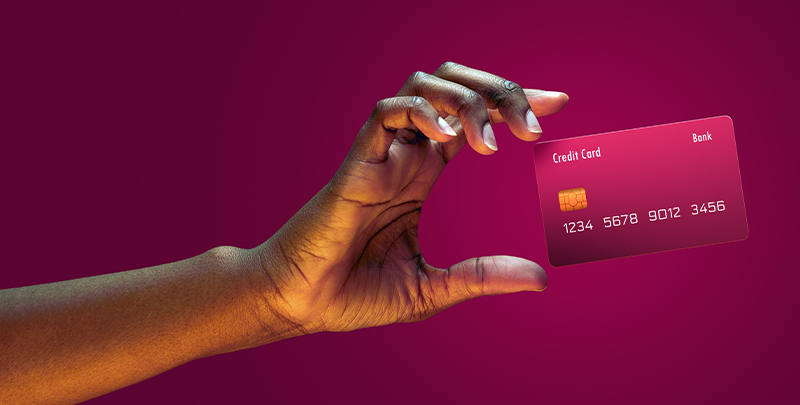Interest-free grace periods, rewards, cashback and offers are some of the benefits that have made Credit Cards popular. At the same time, it is important to understand the charges related to Credit Cards. One of the important charges is the Credit Card over limit charges. Let’s understand how Credit Card over limit is calculated and how it can affect you.
Know what is Credit Card over limit fee
Banks charge Credit Card over limit fee when your Credit Card usage exceeds the permitted credit limit. Now, are you wondering how it is possible to exceed the credit limit? Wouldn’t your Credit Card transaction get automatically declined if the transactions exceed the credit limit? Well, not in all cases. In some instances, banks do allow cardholders to spend above the credit limit but levy a Credit Card over limit fee, in such a situation. It is the bank’s choice to permit transactions over the credit limit with certain charges or to decline them.
How does Credit Card over limit work?
Credit Cards are a payment tool and offer unsecured loans or advances. Hence, the Credit Card over limit fee allow card issuers to manage their risks. When cardholders have to pay the Credit Card over limit fee, it discourages them from spending more than the allotted limit. On the other hand, due to the Credit Card over limit feature also acts in the interest of cardholders as they can meet their emergency financial requirements without worrying about their limit.
Also Read: Pros and cons of increasing your Credit Card limit
Factors that impact your credit limit
A higher credit limit reduces your chances of using the over limit facility. Here are some of the factors that impact your credit limit, which if you take care, can help you get a higher limit:
1) Credit history
Your credit history and score are a testament to your credit behaviour. If you have been regular in repayments without any default, then you can get assigned a higher credit limit.
2) Credit utilisation ratio
The credit utilisation ratio depicts how much credit you have used against the assigned limit. If your credit utilisation ratio is low, then it indicates financially responsible behaviour. This can help you get a higher credit limit in the future.
3) Type of Credit Card
The credit limit assigned to you depends on the type of card you select. Banks offer a range of Credit Cards, each carrying unique features. Some of these cards come with fixed minimum and maximum limits that cannot be impacted irrespective of your credit score or income.
4) Income and existing loans
Your annual income and existing loans also play an important role in determining your credit limit. Both together indicate the disposable income you have to meet your proposed financial and other obligations. The debt-to-income ratio is important while assigning you the credit limit.
5) Existing credit limit
Banks also consider your existing credit limit while considering an increase. If the existing limit is already high, then the bank may be reluctant to increase your credit limit.
Also Read: What is Credit Card limit?
Impact of Credit Card over limit fee on your credit score
Are you worried whether the Credit Card over limit fee will affect your credit score and end up getting reported to the credit bureau? Well, you can relax as the over limit usage is not reported to credit bureaus and therefore, does not directly impact your credit score. However, it does not end here.
A Credit Card over limit charge indicates that you have not just fully utilised your card limit but also exceeded it. This overshoots your credit utilisation ratio, which ideally should be around 30%. This can result in denting your credit score if happens regularly.
What is the penalty for exceeding credit limit?
The penalty for exceeding the credit limit is usually charged as a percentage of the over limit transaction amount. For instance, the bank may specify a 2% charge on over limit amounts subject to a minimum of ₹500. Further, these charges also attract GST at 18% on the fees charged.
Conclusion
If you regularly exceed the credit limit on your Credit Card, even if you pay the over limit fee, does not bode well for your credit history in the long run. The option to spend over the credit limit is something you should resort to only in case of an emergency. Go through your Credit Card fee structure to check the over limit fees and ensure your usage is within limits. This will ensure you don’t have to pay exorbitant fees on your Credit Card.
Disclaimer: This article is for information purpose only. The views expressed in this article are personal and do not necessarily constitute the views of Axis Bank Ltd. and its employees. Axis Bank Ltd. and/or the author shall not be responsible for any direct / indirect loss or liability incurred by the reader for taking any financial decisions based on the contents and information. Please consult your financial advisor before making any financial decision.







